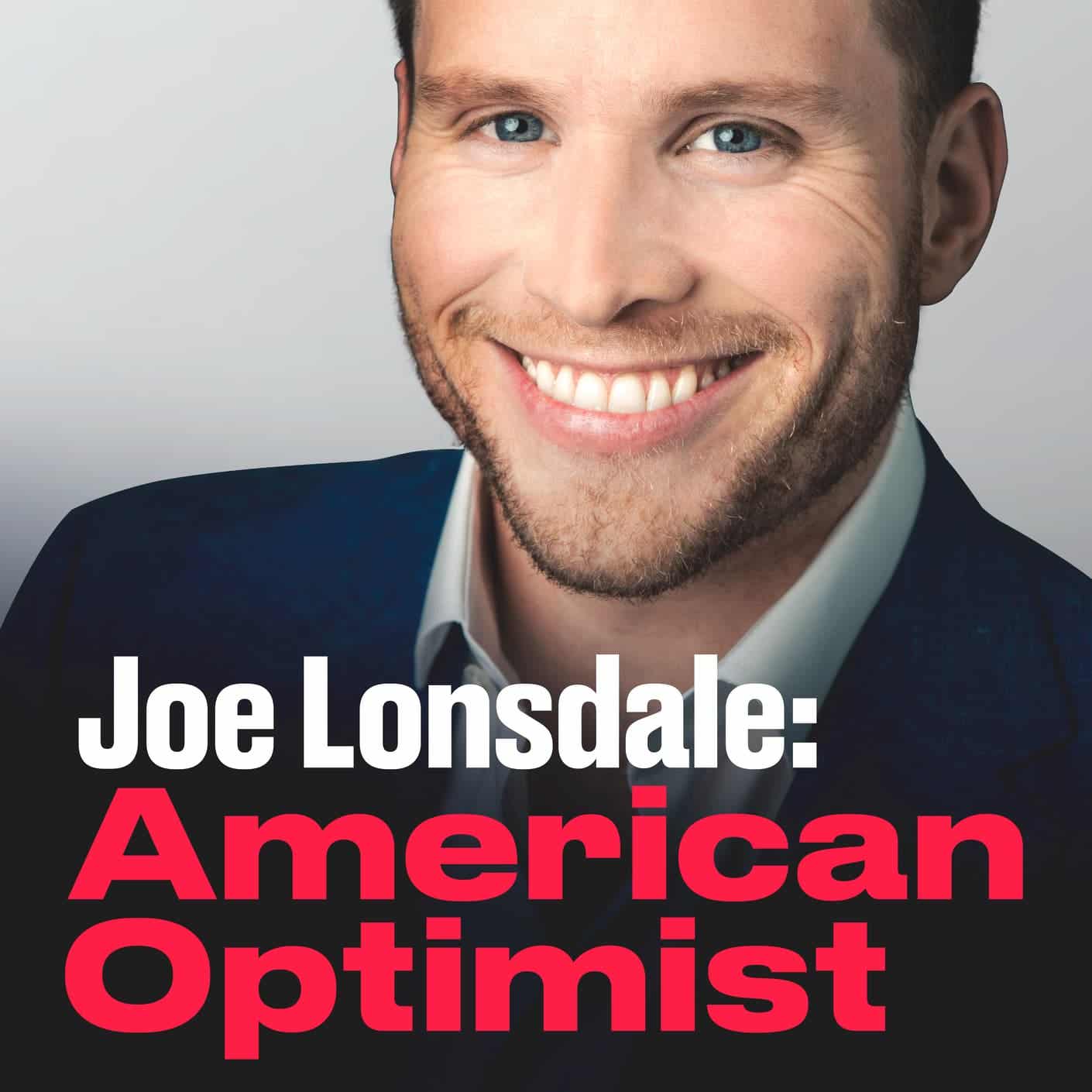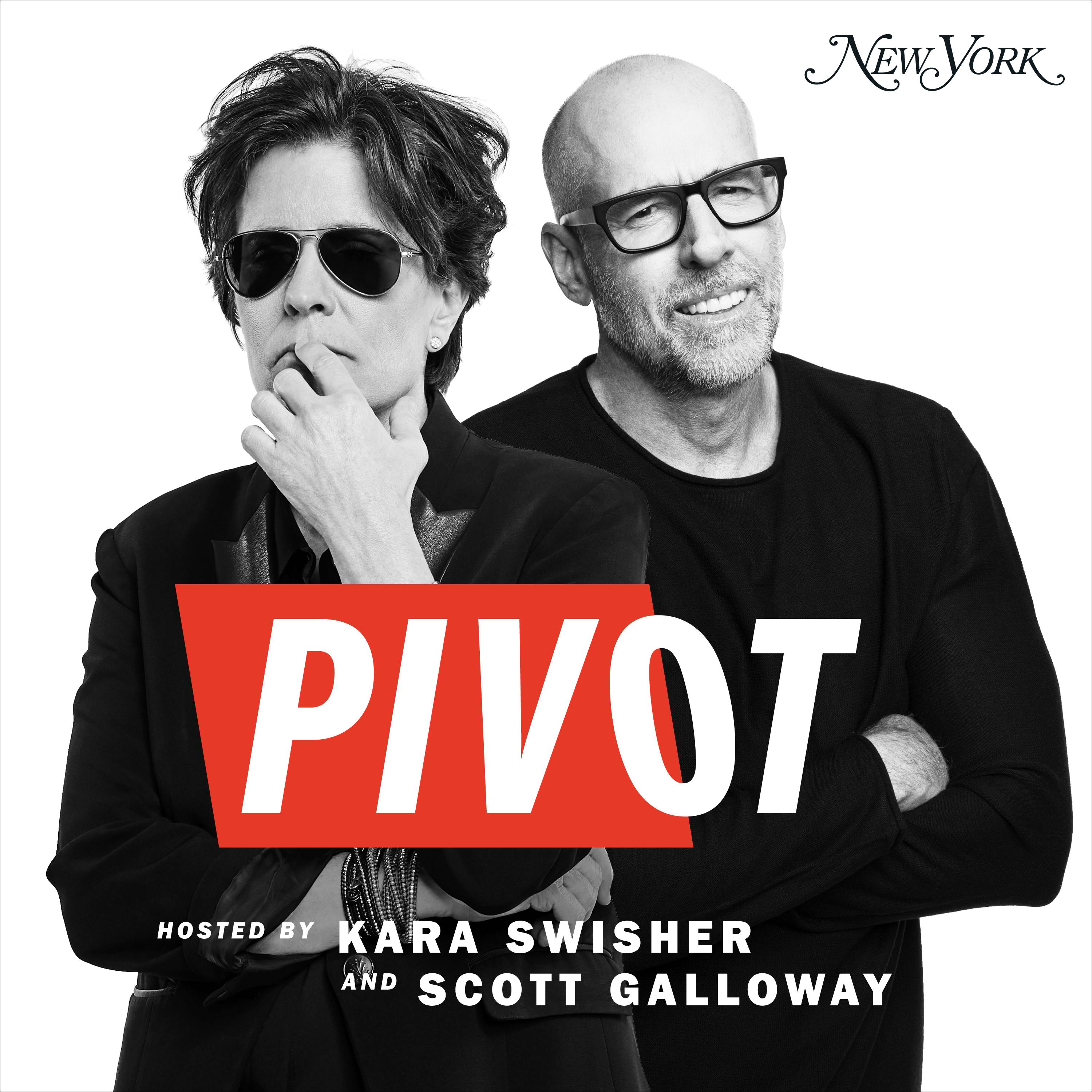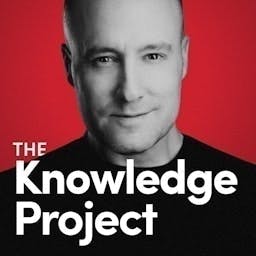PortalsOS
Related Posts
Vote to see vote counts

Running a public company involves dealing with amplified scrutiny compared to a private company, where issues are discussed privately with VCs rather than publicly on platforms like Reddit or in the Wall Street Journal.

Demo Days are becoming more of a social event than a critical business function. Many deals are completed before the event, making it more of a networking opportunity than a place to secure funding.

Writing detailed documents before meetings to distill thoughts and bring clarity is a practice from Amazon that Harish Abbott values.

The biggest winners continue to compound as public companies. 99% of the returns are as a public company. True compounders compound for decades, especially if founders are still in the seat.
At Sequoia, investment decisions are made by consensus. If one person says no, it doesn't happen. This blew my mind when I first got there.

In 2019, the Business Roundtable signed the stakeholder capitalism thing, but four companies didn't sign it, and I invested in those. They all did really well!

Good boards are meant to be independent. One of the first things I demand in every board is executive session where the CEO leaves the room and you talk about how the CEO is doing.

Attending secretive events where influential people discuss global issues can be both exciting and exclusive, often involving high-profile figures like Bezos and Ari Emmanuel.

The CEO's role is to balance different interests and find the optimal outcome, not just follow legal advice.